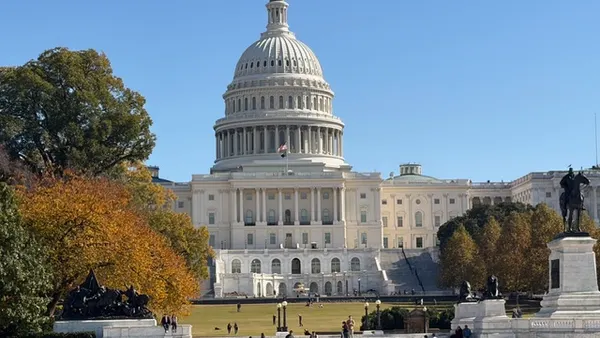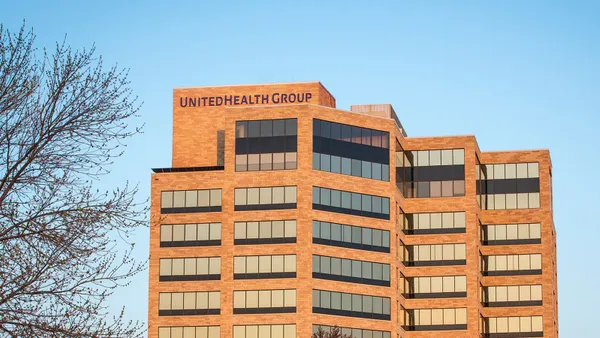Dive Brief:
- Financial headwinds and policy changes in Medicare Advantage may have contributed to declining member satisfaction with the privatized Medicare plans, according to a survey published Tuesday by J.D. Power.
- Overall customer satisfaction with MA health plans is 623 on a 1,000 point scale in the consumer data firm’s 2025 report, down 29 points from last year.
- The main cause of the drop is a 39-point decline in enrollees’ level of trust in their MA plans, J.D. Power said.
Dive Insight:
Once a steadily profitable line of business for insurers, MA payers have managed a dogged increase in medical spending since 2023 as beneficiaries sought out more care in the wake of the COVID-19 pandemic.
The increase in medical costs has continued this year. Last month, executives at UnitedHealth, one of the nation’s largest MA insurers, said they had significantly underestimated medical cost trends when pricing their plans, particularly in MA.
Humana and CVS exited markets and reshaped their benefits last year as they faced flagging margins in MA.
Meanwhile, the privatized Medicare program is also facing increased scrutiny from regulators and lawmakers amid reports MA restricts care for enrollees and inflates government spending.
Medicare will spend $84 billion more on MA enrollees this year than it would if those beneficiaries were in the traditional fee-for-service program, according to a report published in March by congressional advisory MedPAC.
Now, the latest J.D. Power survey suggests these policy and financial challenges could be impacting how members feel about their health plans.
The report, which measured beneficiary satisfaction based on factors like their ability to access health services and how well plans resolved complaints, found significant declines in members’ satisfaction with product offerings and ease of doing business.
Ratings in whether insurers offered products that met member needs fell 33 points year over year, while satisfaction with how easy it was to conduct business with their plans fell 31 points year over year, Christopher Lis, managing director of global healthcare intelligence at J.D. Power, said via email.
New beneficiaries are particularly unhappy with their plans. Only 38% of first-year members said their insurer met their service expectations, compared with 45% among established enrollees. New members cited challenges with finding in-network doctors and managing deductibles and prior authorizations.
But insurers have options when it comes to improving beneficiary satisfaction. One factor that separates high- and low-performing plans is their ability to work with members digitally, J.D. Power said.
On average, satisfaction with digital channels among members in highest-performing plans is 98 points higher than those in the lowest-performing plans.
Plus, 85% of beneficiaries enrolled in high performers have used their member portal compared with 76% of enrollees in low-performing plans. And more than half of members in higher-ranked health plans say the website features and tools are easy to use, compared with 40% of enrollees in low-ranked plans.
“Top-performing plans that invest in robust new-member onboarding, increased transparency, new digital tools, broader networks and social support services are proving that they are better equipped to maintain member trust and satisfaction—even in a volatile environment,” Lis said in a statement. “These digital tools in particular can help drive increased personalization, automated and more consistent onboarding and increased transparency with real-time updates that members need.”













